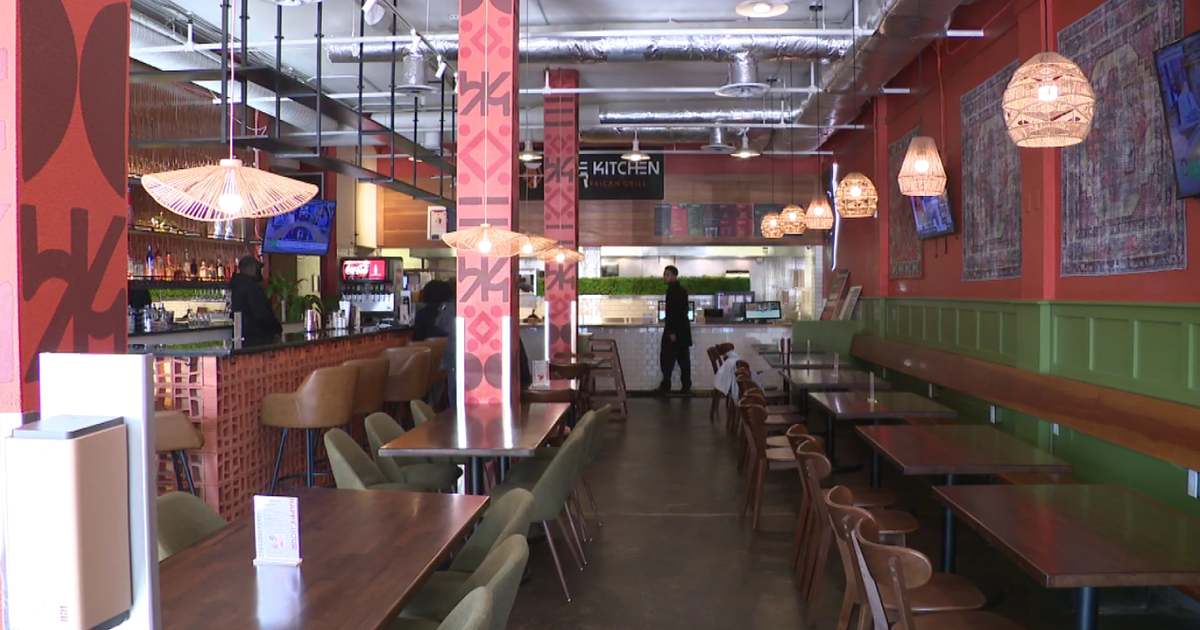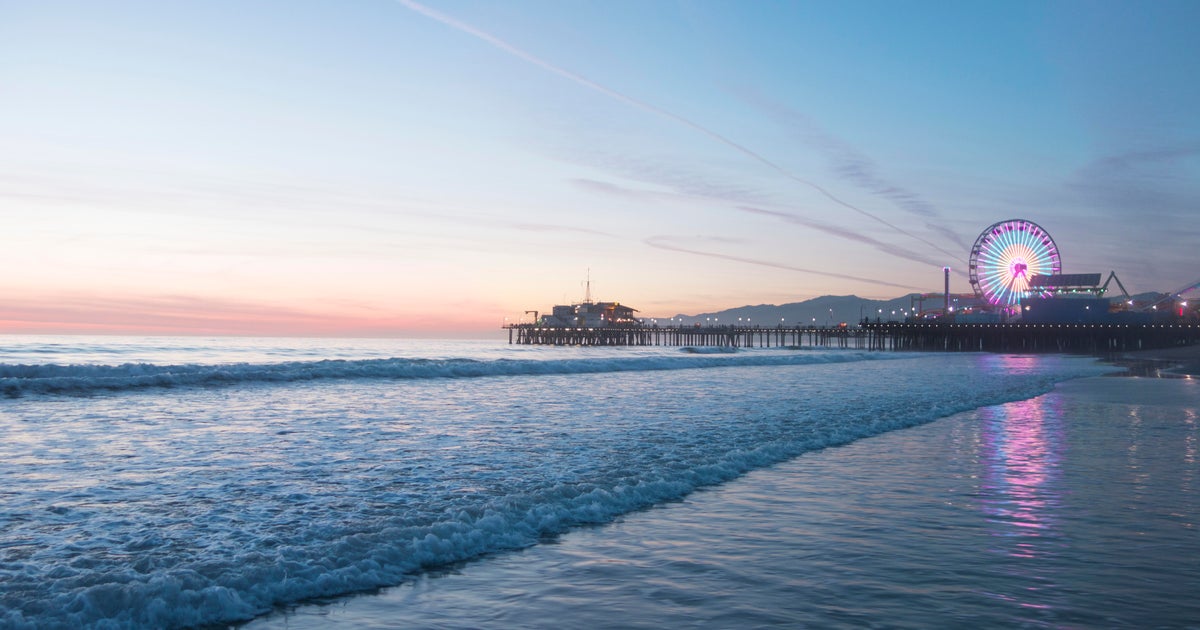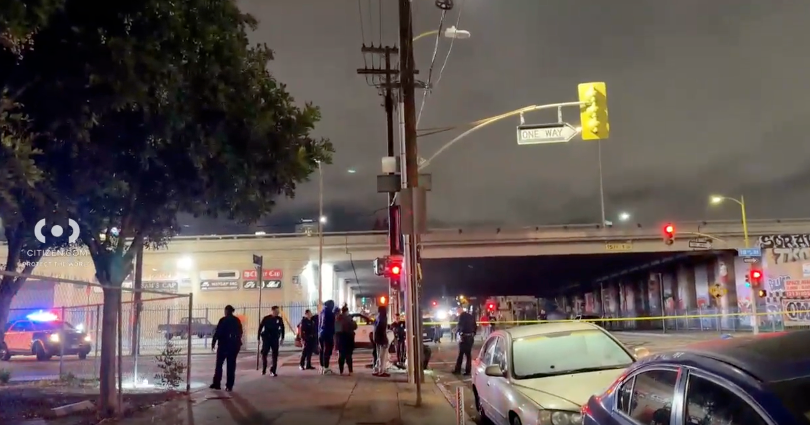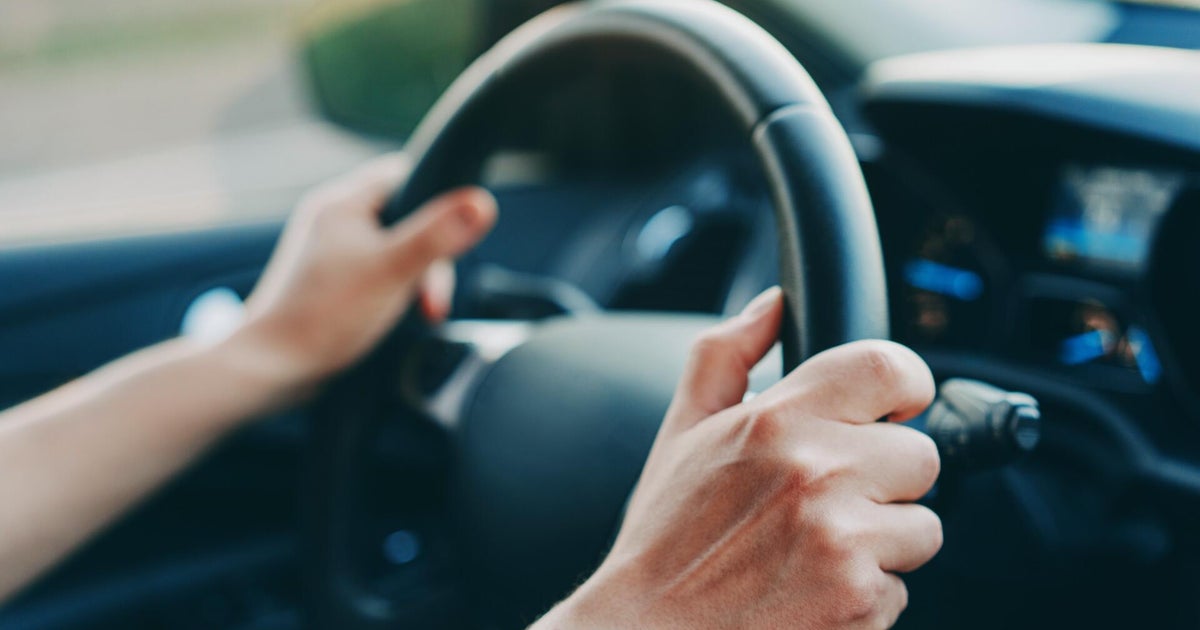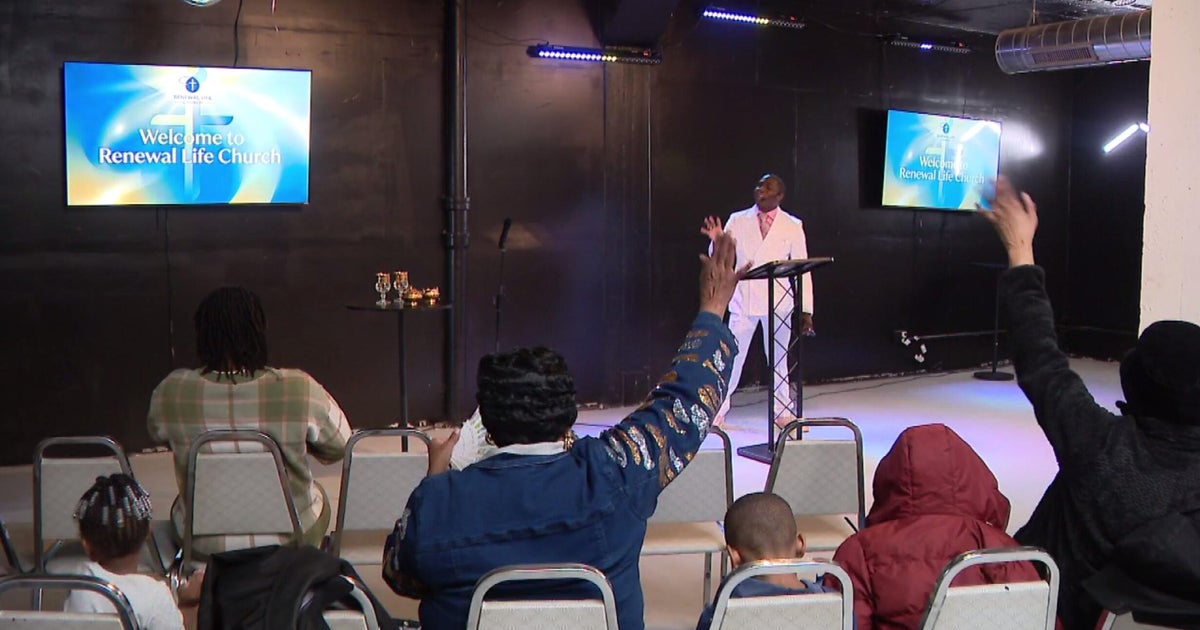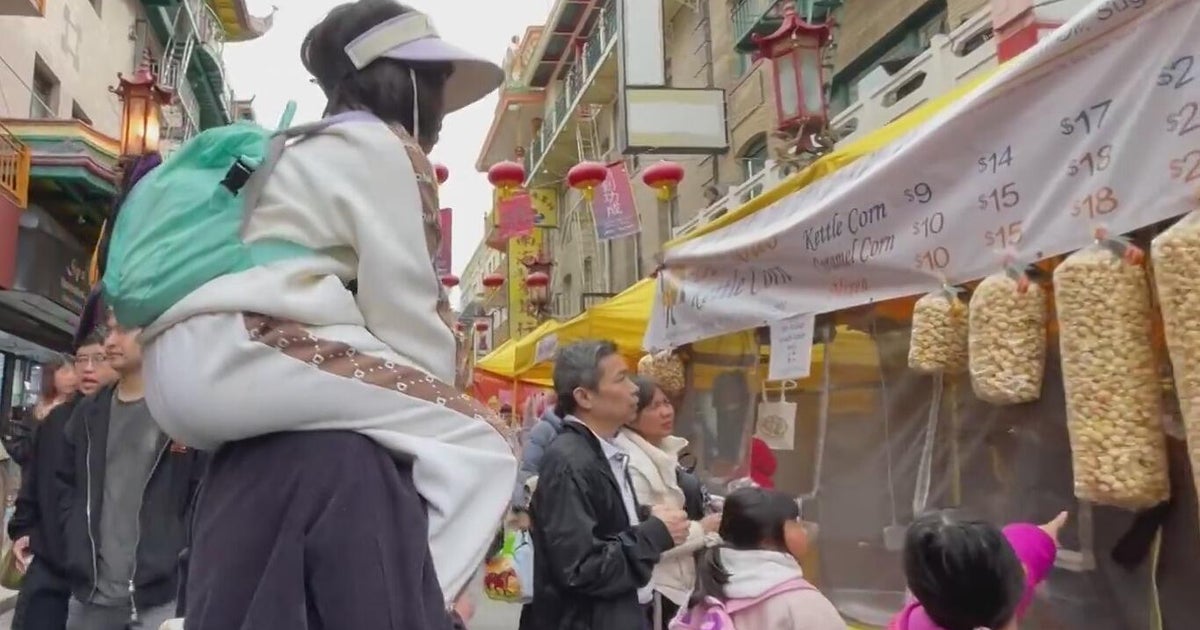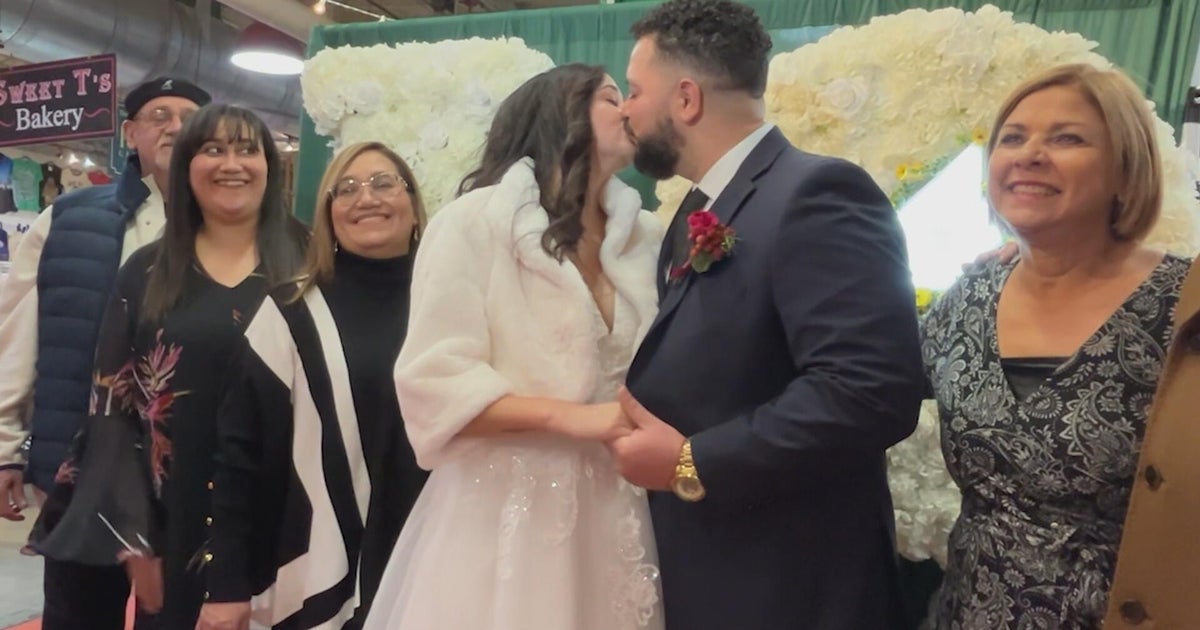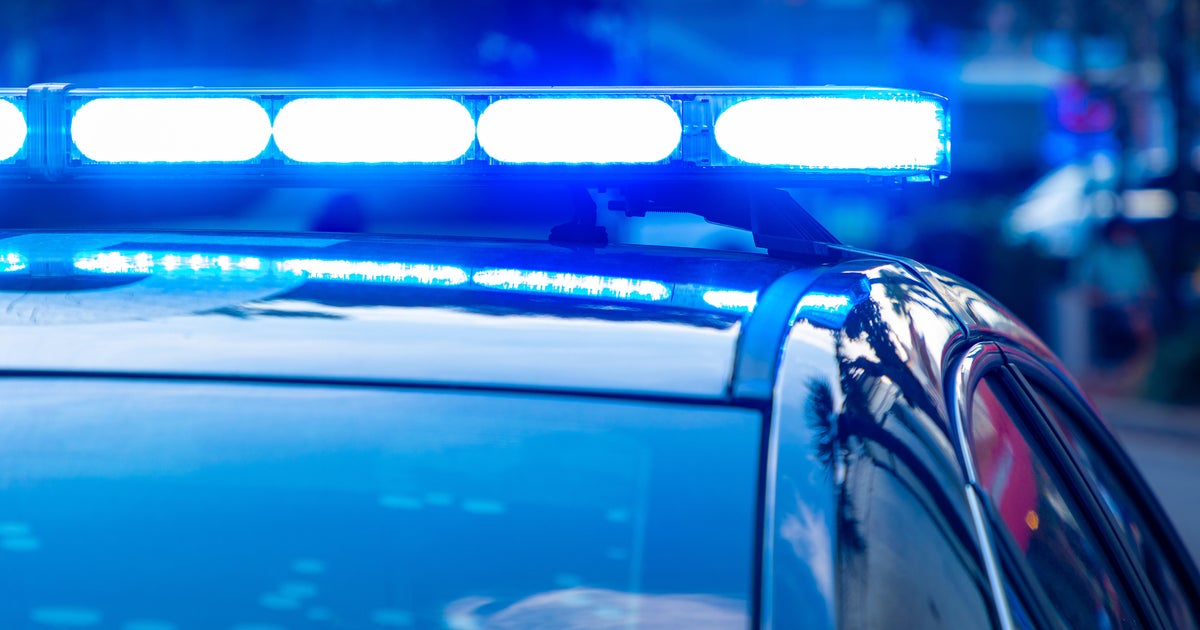One Year Later: How The Marijuana Black Market Is Affecting Local Dispensaries
LOS ANGELES (CBSLA) – It has been about a year since California rolled out the legalization of recreational cannabis, and now that dispensary owners have had a whiff of the weed business, some say the cost of running a legal pot shop is burning through their profits.
Jake Welty is the general manager at Captain Jack's in San Bernardino. He says it's a struggle to compete with lower prices at illegal pot shops, especially when the legal businesses have to add on the cost of three different taxes.
"Do I think the tax rate is too high? Absolutely, because I hear it every day from customers coming in the door," he said. "Because the illicit market, the black market, is incredibly vibrant in California."
Customers seemed to agree.
"There are other outlets where you can get it a lot cheaper," Suzanne Urbanek said.
In San Bernardino, dispensaries are taxed 29 percent: a 15 percent excise tax, 6 percent city tax and 8 percent sales tax.
Welty said once they explain to customers that those taxes are factored into the prices, there's no guarantee they'll come back.
"It's said every single day when they come through the door: 'This is too tough, this is too high. I'm gonna have to pick up from x, y and z down the street," Welty said.
State officials boasted that recreational cannabis could eventually bring in a billion of dollars a year in state tax revenue. They estimated that in the industry's first year it would bring in $630 million in state tax revenue.
The actual tax revenue fell short – about $275 million less than projections.
The California Department of Tax and Fee Administration's latest figures show the state collected only $228 million in state tax revenue for cannabis between January and October of 2018.
Gov. Gavin Newsom's proposed budget for the fiscal year estimates a total of $355 million will be collected in state taxes by the end of the fiscal year.
"You know, they claim it's the 'Green Rush,' but at the same time, we're seeing the green rush out of our pockets," said Smart Weed General Manager Sharif Elmazati.
In Los Angeles, dispensaries are taxed 34.5 percent: a 15 percent excise tax, 10 percent city tax and 9.5 percent sales tax.
"The state's pretty much a third of a partner in our business, and they're not really doing much to help contribute back to us by shutting down these illegal shops," Elmazati said.
He claims it's almost impossible to compete with illegal shops because the city is inundated with them.
"We saw one down the street get raided twice. So they got raided once then they got shut down, then they re-opened," Elmazati said.
The City of Los Angeles says it has 170 licensed recreational cannabis businesses.
But the Los Angeles Police Department estimates that there are 300 to 350 illegal dispensaries operating within city limits – nearly double the amount of legal cannabis retailers.
"That sounds crazy, that's insane!" Elmazati said when he heard the amount of illegal dispensaries. "But it's true though. And you can see like where the supply and demand is gonna go of consumers."
The Bureau of Cannabis Control says they have issued fewer cannabis licenses than anticipated at the start of the year.
But with more than 60 percent of cities and counties banning commercial cannabis activity, they say they feel pretty good about the numbers.
Customers said they were optimistic about where the business is headed.
"The more the market is regulated and the more they crack down on those types of dispensaries, people will have no other choice but to come to these ones," customer Daniel Martinez said.
